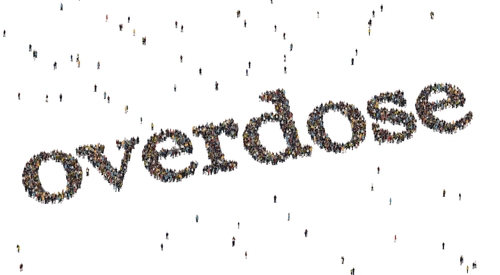On Monday, August 26th, 2019, Cleveland County judge Thad Balkman ruled that the company had violated public nuisance law in its contribution to Oklahoma’s opioid crisis. Balkman’s ruling stated that the company had intentionally played down the danger of its drugs such as oxycodone (brand name Oxycontin) with “false, misleading, and dangerous marketing campaigns [that] caused exponentially increasing rates of addiction, overdose deaths.”
The case sets a landmark precedent for the nearly 2,000 future legal cases against pharmaceutical companies accused of false advertising, predatory marketing, wrongful death, etc. Johnson & Johnson lawyer Sabrina Strong said: “We have many strong grounds for appeal and we intend to pursue those vigorously” as the court has twisted the scope of the public nuisance law, which normally applies to public areas negatively impacting health (e.g. lead paint, water pollution, air pollution).
Michael Ullmann, the general counsel and executive vice president of Johnson & Johnson said that given the small scope of Johnson & Johnson’s role in Oklahoma’s drug sales, it is malicious to hold them solely accountable in the public eye for the opioid crisis. The state argued otherwise. According to Brad Beckworth, the lead attorney for the state, Johnson and Johnson partnered with poppy farmers in Tasmania to supply the raw materials for over 60% of Oklahoma’s drug production. Between 2015 and 2018 Oklahoma’s 3.9 million citizens received 18 million opioid prescriptions. “[J & J] made billions of dollars from it over a 20-year period. They’ve always denied responsibility and yet at the same time they say they want to make a difference in solving this problem. So do the right thing: Come in here, pay the judgment,” said Beckworth.
Oklahoma Attorney General Mike Hunter said they would have liked to leave with about $17 billion, but that the money earned from this suit and settlements will be enough to pay for years worth of services to combat the opioid epidemic in Oklahoma. The initial suit featured Teva and Purdue Pharmaceutical, who settled for $85 and $270 million respectively. Johnson and Johnson stock dipped before the ruling but increased by 4 additional points by the market’s close on Monday.






